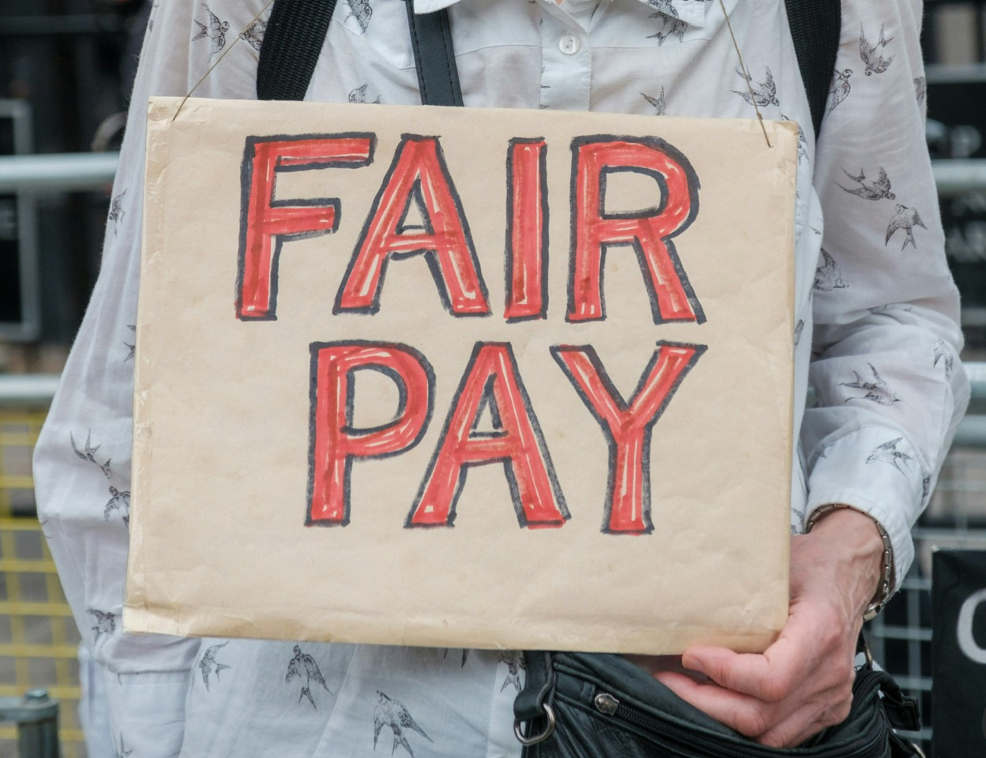Although the deadline for member states to adopt the European Union’s Adequate Minimum Wages Directive is not until November, Trade Union research shows that it’s already boosting the minimum pay rates set in different countries. The analysis was carried out by the European Trade Union Institute (ETUI), the independent research and training centre of the European Trade Union Confederation, which affiliates European trade unions into a single European umbrella organisation.
A new ETUI Policy Brief illustrates that the Adequate Minimum Wages Directive – even before its formal transposition into national law, the deadline for which is 15 November 2024 – is already having an impact on minimum wage setting in a range of EU Member States such as Bulgaria, Croatia, Germany, Hungary, Ireland, Latvia, Romania, Spain and the Netherlands.
The latest data, available from the beginning of this year, show a substantial nominal increase in statutory minimum wages in 15 out of the 22 EU countries in which the minimum wage is based on legislation (there is no statutory minimum wage in Austria, Denmark, Finland, Italy and Sweden). Two factors are instrumental in this:
1. High levels of inflation continuing to prevail across the EU, making the safeguarding of the purchasing power of minimum wage earners a political priority.
2. Many Member States are already using the recently adopted Adequate Minimum Wage Directive’s ‘double decency threshold’ (defined as in 60% of the median wage and 50% of the average wage).
Only Slovenia currently meets this double decency threshold, demonstrating the need for further substantial minimum wage increases across the EU. However, the ETUI illustrates how this threshold is already influencing national minimum wage setting and political debates even before becoming national law.
The impact of the double decency threshold manifests itself in different ways, such as putting the 50% of the average wage principle into Bulgarian law, the double threshold becoming a political guideline in Croatia, Cyprus setting the minimum wage at 60% of the median and Ireland making a commitment to do the same.
In other countries the Directive is already informing national debate about the adequacy of existing minimum wages and providing the basis for unions’ campaigns to increase them.
According to Torsten Müller, author of the ETUI policy brief Dawn of a new era? The impact of the European Directive on adequate minimum wages in 2024, “the Directive is not aimed at defining legally binding standards but at providing political and normative frames of reference. This also applies to the double decency threshold.
“This, however, means that the Directive’s real significance depends on its use by national actors and its effective transposition into national law. The crucial lesson learned from experience so far, therefore, is that the implementation of the Directive needs to be fought for at national level by all those progressive actors striving for more social convergence and less wage inequality and in-work poverty”.






















